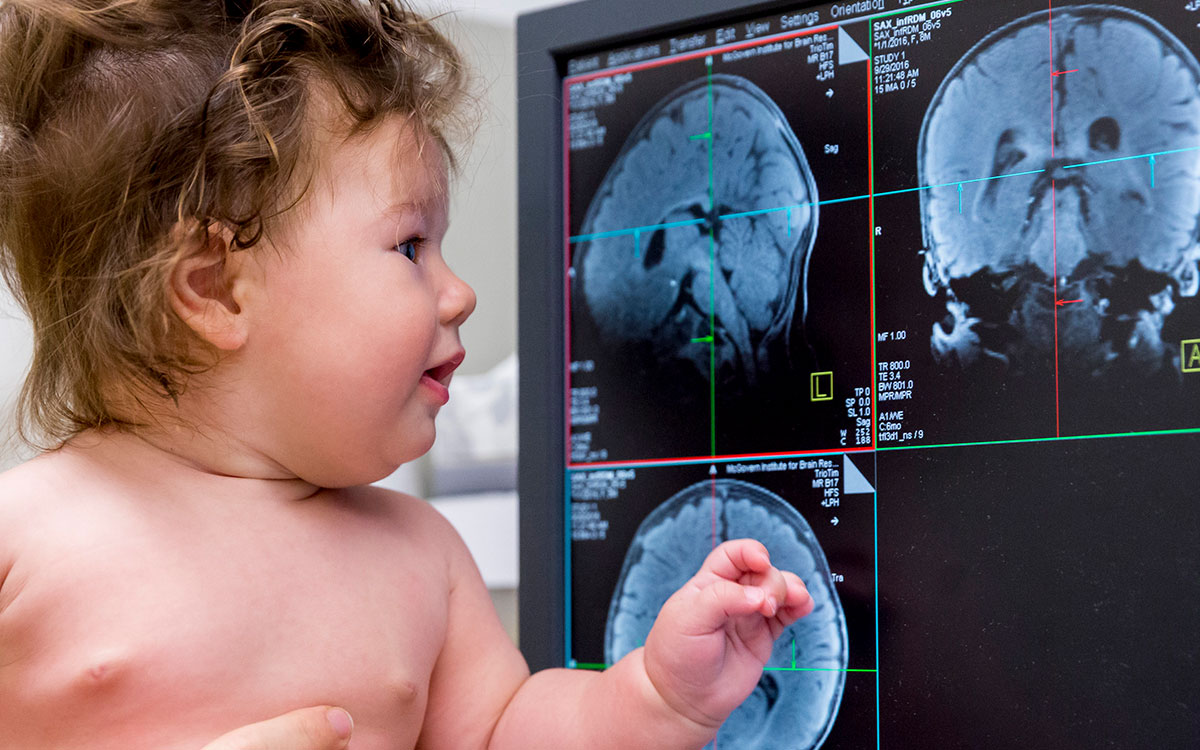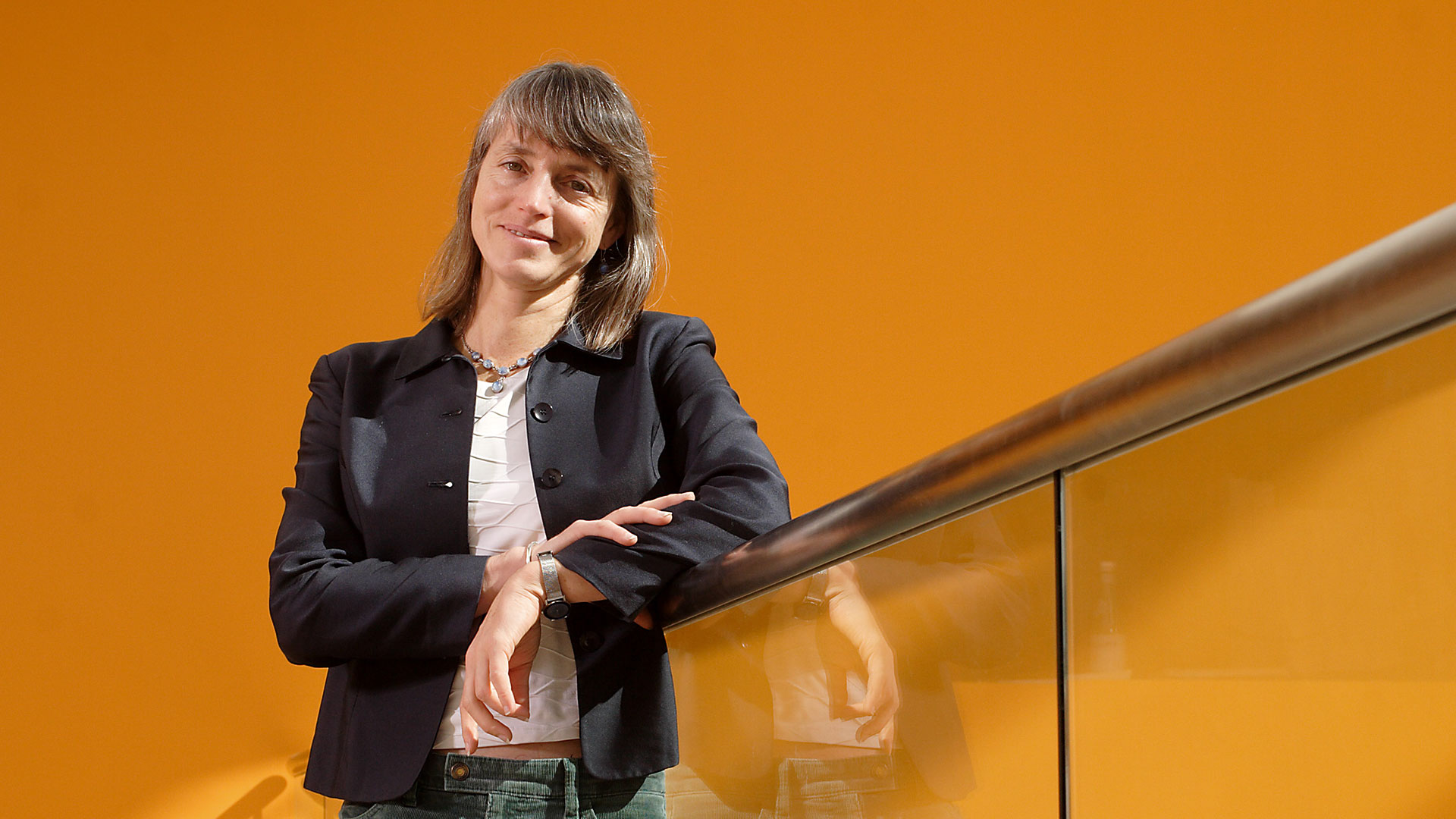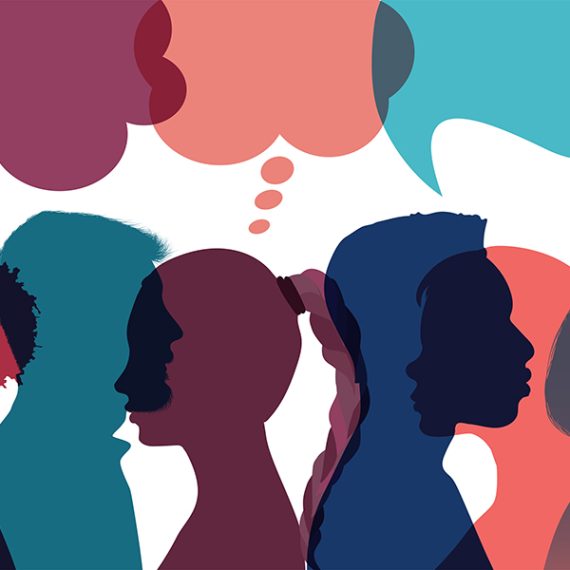Powerful imaging methods like MRI and MEG provide neuroscientists with a detailed view of the human brain – including the spatial and temporal changes that occur as we interact with the world. Our researchers are using these tools to study how the brain develops from infancy, which regions underlie different aspects of our mental lives, and whether imaging can be used to predict the onset of disease.

To view this video please enable JavaScript, and consider upgrading to a web browser that supports HTML5 video

Brain Imaging
brain mapping · functional connectivity · fMRI · EEG · MEG · predictive imaging · precision interventions · contrast agents · theory of mind · the developing brain · learning

Featured Researcher
Nancy Kanwisher
Nancy Kanwisher studies the functional organization of the human brain as a window into the architecture of the mind.
224
The typical number of images our scanners take for a 3D brain reconstruction.
3.5-6 minutes
The time typically taken to generate a structural scan of the adult brain using MRI.
Recent Publications
- Thovinakere, N, Ghosh, SS, Itturia-Medina, Y, Geddes, MR. Social Determinants of Health and Functional Brain Connectivity Predict Long-Term Physical Activity in Older Adults with a New Cardiovascular Diagnosis. medRxiv. 2025; :. doi: 10.1101/2024.09.30.24314678. PubMed PMID:39830285 PubMed Central PMC11741470.
- Treves, IN, Kucyi, A, Park, M, Kral, TRA, Goldberg, SB, Davidson, RJ et al.. Connectome-Based Predictive Modeling of Trait Mindfulness. Hum Brain Mapp. 2025;46 (1):e70123. doi: 10.1002/hbm.70123. PubMed PMID:39780500 PubMed Central PMC11711207.
- Pérez-Edgar, K, Dozier, M, Saxe, R, MacDuffie, KE. How will developmental neuroimaging contribute to the prediction of neurodevelopmental or psychiatric disorders? Challenges and opportunities. Dev Cogn Neurosci. 2025;71 :101490. doi: 10.1016/j.dcn.2024.101490. PubMed PMID:39700912 PubMed Central PMC11721882.




